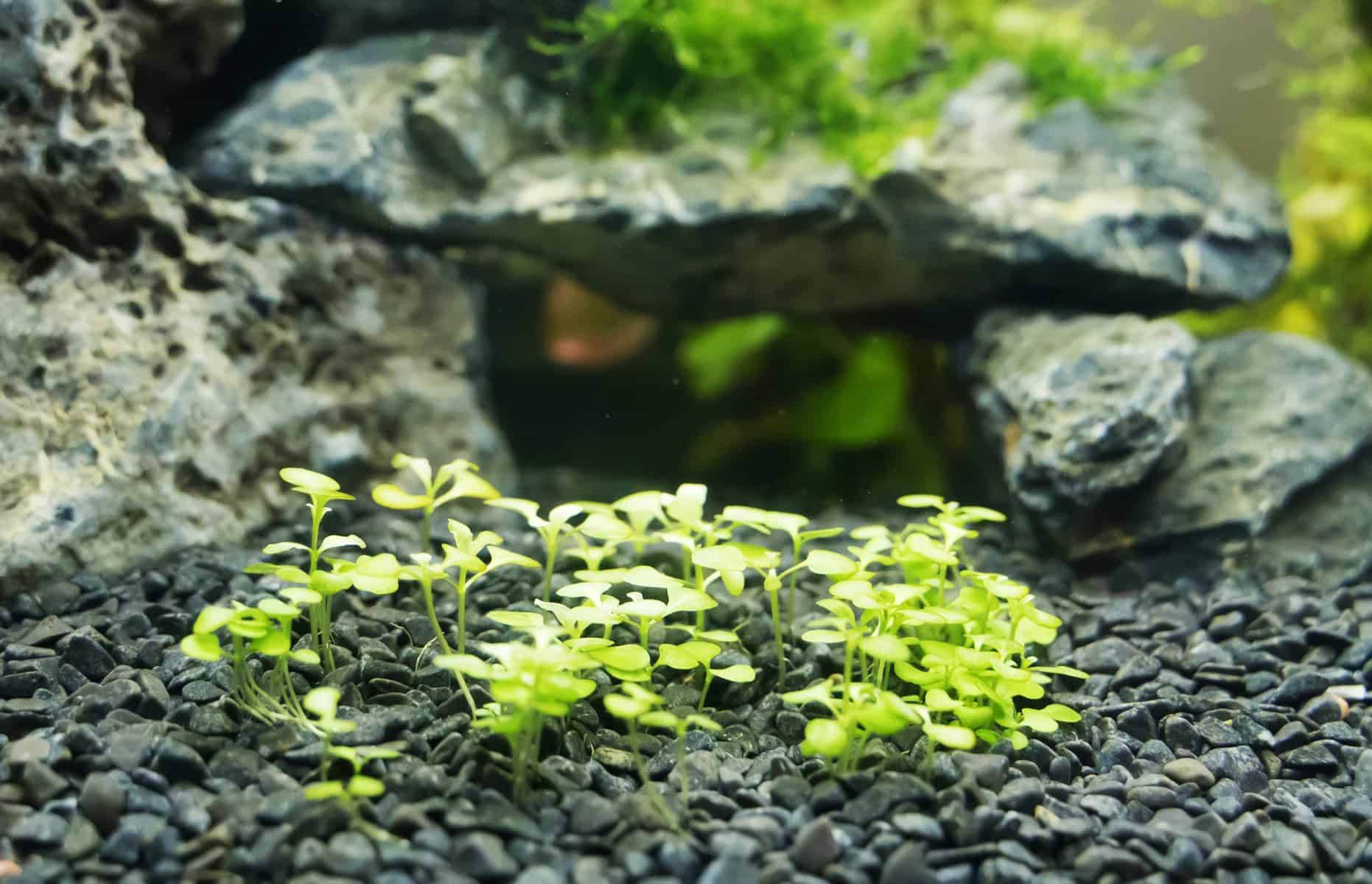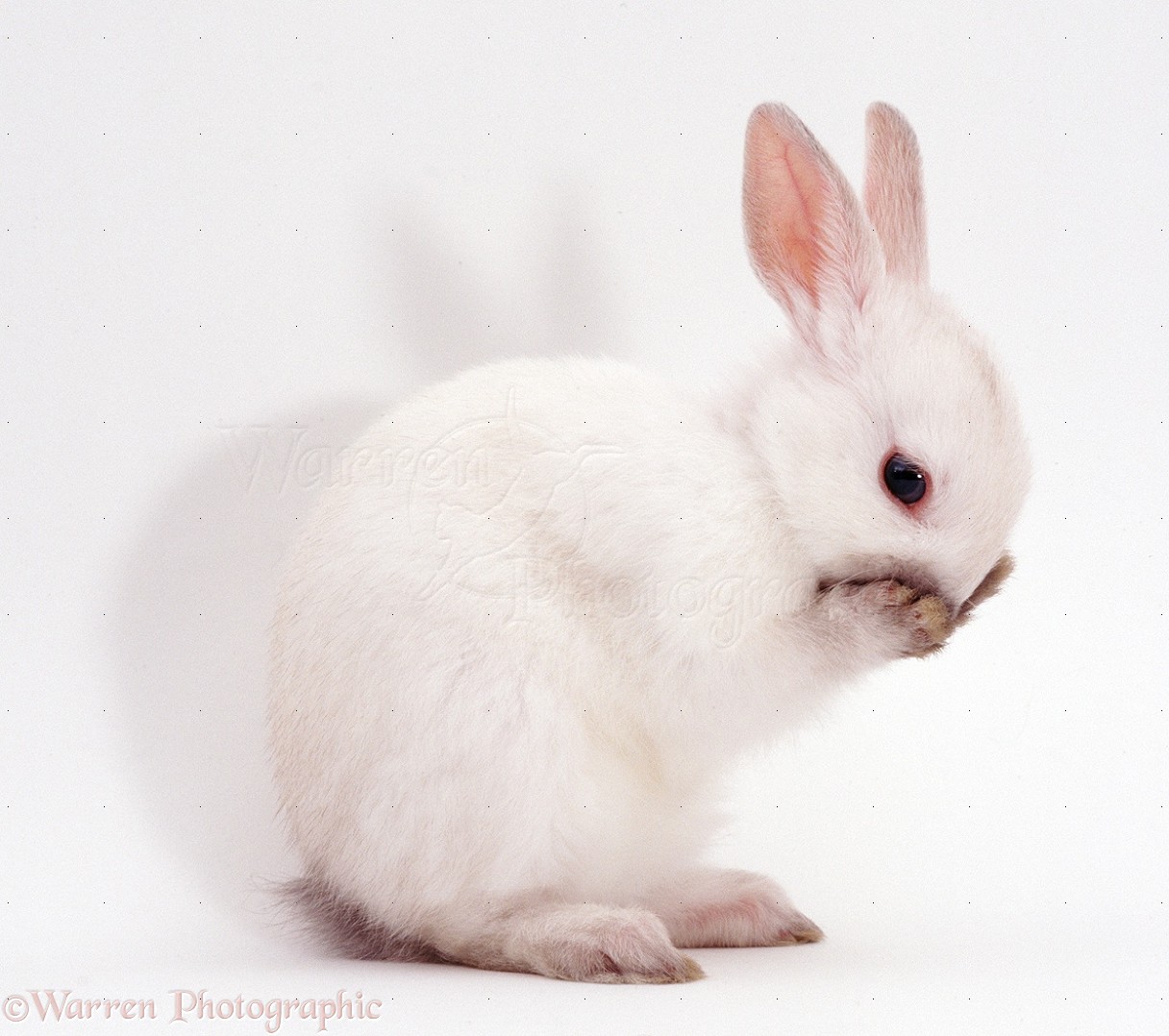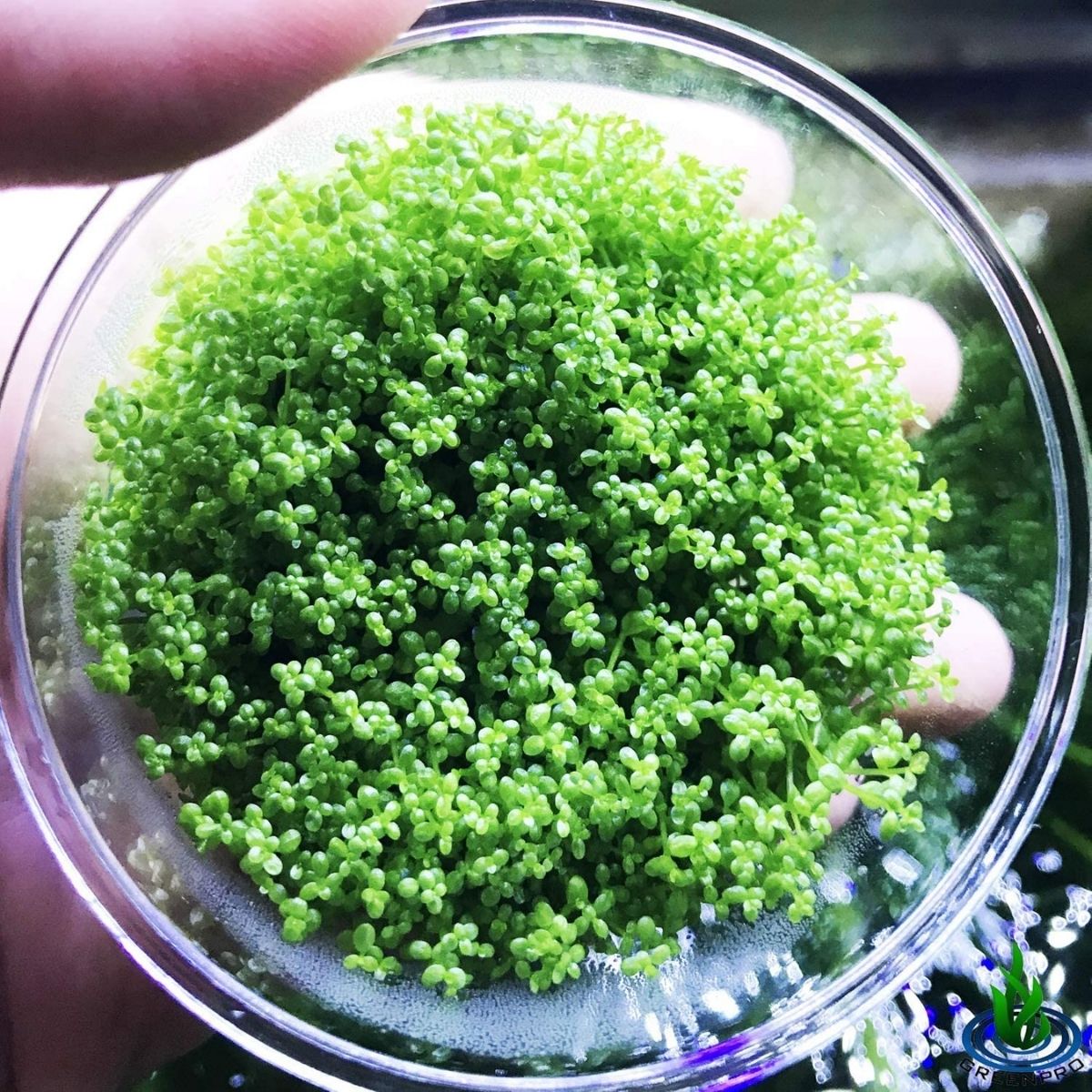Baby dwarf animals have captured the hearts of animal lovers worldwide. From dwarf rabbits to miniature horses, these adorable creatures are gaining immense popularity as pets. Their small size and unique features make them stand out in the animal kingdom. In this article, we will delve into everything you need to know about baby dwarf animals, their care, characteristics, and why they are becoming a favorite choice for pet enthusiasts.
As more people seek unique and manageable pets, baby dwarf animals offer a perfect solution. Their compact size ensures they can easily adapt to various living environments, making them ideal for urban dwellers or those with limited space. Additionally, their gentle nature and playful demeanor make them a joy to have around.
This article aims to provide an in-depth exploration of baby dwarf animals, including their origins, care requirements, and the importance of understanding their specific needs. Whether you're considering adopting one or simply want to learn more, this guide will serve as your ultimate resource.
Read also:Who Was Paul Mccartney Married To A Comprehensive Look At His Love Life
Table of Contents
- What Are Baby Dwarf Animals?
- Types of Baby Dwarf Animals
- Biological Characteristics of Baby Dwarf Animals
- Caring for Baby Dwarf Animals
- Benefits of Owning Baby Dwarf Animals
- Challenges of Owning Baby Dwarf Animals
- Health Considerations for Baby Dwarf Animals
- Dietary Needs of Baby Dwarf Animals
- Breeding Baby Dwarf Animals
- Ethical Considerations in Raising Baby Dwarf Animals
What Are Baby Dwarf Animals?
Baby dwarf animals refer to species that have been selectively bred to maintain a smaller size compared to their standard counterparts. This genetic trait is often the result of careful breeding practices over generations. While some dwarf animals occur naturally due to genetic mutations, others are deliberately bred for their miniature size.
Dwarfism in animals is not a medical condition but rather a characteristic that makes these creatures unique. They are often admired for their compact proportions and playful personalities. The popularity of baby dwarf animals continues to grow as more people recognize their potential as pets.
Types of Baby Dwarf Animals
1. Dwarf Rabbits
Dwarf rabbits are one of the most popular types of baby dwarf animals. Known for their small size and gentle nature, these rabbits make excellent companions. Breeds such as the Netherland Dwarf and Mini Lop are particularly favored for their charming appearance and manageable size.
2. Miniature Horses
Miniature horses, often referred to as "mini horses," are another fascinating example of baby dwarf animals. Standing at a height of less than 38 inches, these equines are celebrated for their elegance and intelligence. They are commonly used in therapy programs and as companion animals.
3. Dwarf Goats
Dwarf goats, such as the Nigerian Dwarf and Pygmy Goat, are beloved for their playful demeanor and adaptability. These goats are not only adorable but also productive, often used for milk production in small-scale farms.
Biological Characteristics of Baby Dwarf Animals
Baby dwarf animals possess several unique biological characteristics that set them apart from their larger counterparts. These traits include:
Read also:Neal Brennan Wife Exploring The Life And Love Of The Renowned Comedian
- Smaller skeletal structure
- Reduced muscle mass
- Higher metabolic rate
- Shorter lifespan in some cases
Understanding these characteristics is essential for providing proper care and ensuring their well-being.
Caring for Baby Dwarf Animals
1. Housing Requirements
Proper housing is crucial for the health and safety of baby dwarf animals. Whether it's a cozy indoor cage for rabbits or a spacious outdoor pen for goats, their living environment should be tailored to their specific needs.
2. Social Interaction
These animals thrive on social interaction. Regular playtime and attention from their owners help prevent boredom and behavioral issues. It is also important to consider their compatibility with other pets in the household.
Benefits of Owning Baby Dwarf Animals
Owning baby dwarf animals comes with numerous benefits, including:
- Compact size for easy management
- Low maintenance compared to larger animals
- Unique appearance and personality traits
- Strong bond with their owners
These advantages make them an excellent choice for individuals and families seeking a rewarding pet experience.
Challenges of Owning Baby Dwarf Animals
Despite their appeal, owning baby dwarf animals also presents certain challenges. These include:
- Higher vulnerability to health issues due to their small size
- Specialized dietary needs
- Increased susceptibility to environmental changes
It is important to thoroughly research and prepare for these challenges before bringing a baby dwarf animal into your home.
Health Considerations for Baby Dwarf Animals
Ensuring the health of baby dwarf animals requires vigilance and regular veterinary care. Common health concerns include:
- Dental issues in dwarf rabbits
- Joint problems in miniature horses
- Reproductive complications in dwarf goats
Regular check-ups and preventive care can help mitigate these risks and ensure a long, healthy life for your pet.
Dietary Needs of Baby Dwarf Animals
The dietary requirements of baby dwarf animals vary depending on their species. For example:
- Dwarf rabbits need a diet rich in hay, fresh vegetables, and limited pellets.
- Miniature horses require high-quality forage and controlled portions to prevent obesity.
- Dwarf goats benefit from a balanced diet of grains, hay, and supplements.
Consulting a veterinarian or animal nutritionist can help tailor a diet plan specific to your pet's needs.
Breeding Baby Dwarf Animals
Breeding baby dwarf animals requires careful planning and expertise. Responsible breeding practices ensure the health and well-being of both parent animals and their offspring. It is essential to work with experienced breeders and adhere to ethical guidelines to avoid genetic complications.
Ethical Considerations in Raising Baby Dwarf Animals
Raising baby dwarf animals involves ethical responsibilities. Owners must prioritize the welfare of their pets and avoid practices that exploit or harm them. Supporting reputable breeders and adopting from rescue organizations are ways to contribute positively to the welfare of these animals.
Conclusion
Baby dwarf animals offer a unique and rewarding pet experience for those who understand their specific needs. From their charming characteristics to the joys of companionship, these creatures have much to offer. However, it is crucial to approach their care with knowledge and responsibility to ensure their health and happiness.
We invite you to share your experiences with baby dwarf animals in the comments below. Additionally, feel free to explore other articles on our site for more insights into the world of pets and animals.
Data and information in this article are sourced from reputable organizations such as the American Rabbit Breeders Association, the American Miniature Horse Association, and the Nigerian Dwarf Goat Association, ensuring the reliability and accuracy of the content.


